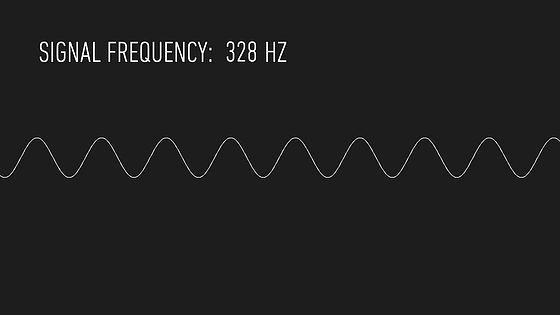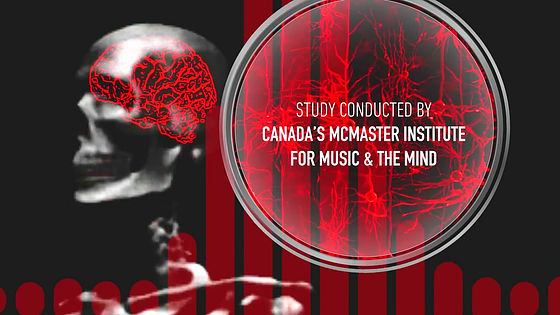Why does the human brain love music's bass?

In music, melodies and vocals are easy to leave impressions, but the "baseline" played on the basis of musical instruments and "rhythm" by percussion instruments are also important elements in composing music with every music. Regardless of genre and culture, any music has baselines and rhythms due to such low frequency sounds, but why people are touched by the bass is explained in the movie I will.
Why our brains love music with bass - YouTube
"One of the reasons why" rhythm "is rooted in humans is that the area of the brain that listens to the bass develops very early, as the mother's heartbeat and mother's voice are heard in the fetus period. What is doing is Karin Stromswold, a cognitive scientist at Rutgers University.

Although the sound of the heart was originally heard bass, the sound that can be heard through the mother's body also said that the high frequency sound was cut off and the fetus heard it. Many scientists believe that the bass that can be heard in the womb is deeply connected to the early acquisition of the baby.

Even after the baby is born, the rhythm heard in the womb will continue to hear. Even if the culture and the place of residence are different, it is believed that the rhythm is attached to the music, because there is a physiological connection with the rhythm in the human brain congenitally.

Also, when listening to the baseline of music, there are many people who have experiences such as heart rate rising and mood rising. It has been confirmed that the bass sound of instruments in music brings about unique influences such as secretion of adrenaline to the human body. This is because when people hear music, there is a nature that tracks the rhythm of music from the process of "neural synchronization".

The bass is played in the frequency band from 32 Hz to 512 Hz, but the low frequency echoes directly in the beat. It seems why beats are necessary for songs and music, as if you need bones in the human body, it is showing its effect as a skeleton of music.

In Canada in 2014McMaster Institute for Music & the MindBut research on low frequencies is being conducted,How the human brain responds to high-frequency and low-frequency tones of music, It was tested that it was.

Its content is to have 35 participants listen to high frequency / low frequency piano performances at the same time. At that time, the performer performed one of the two sounds to be played shifted from the beat by 50 milliseconds, and checked whether or not the participant noticed. As a result, there were many participants who noticed the slight difference in rhythm when changing the low frequency sound. In other words, it indicates that the likelihood of being felt as "funny song" will be higher if the baseline is shifted than the melody of the song.

The effect of bass bass and rhythm is suggested in a study of recent years, but it may be that the composers had noticed this fact long ago.

Related Posts:
in Video, Posted by darkhorse_log







